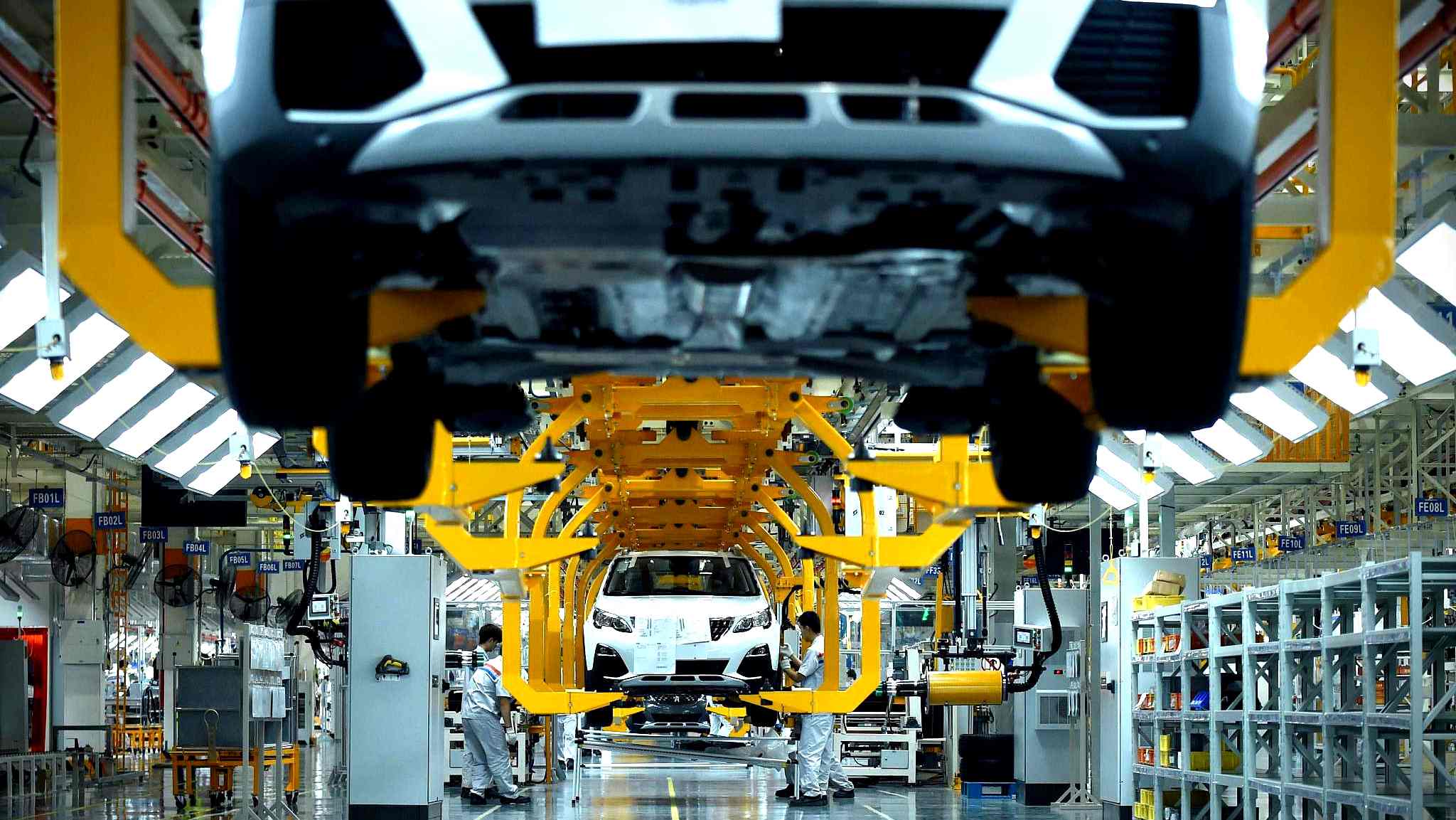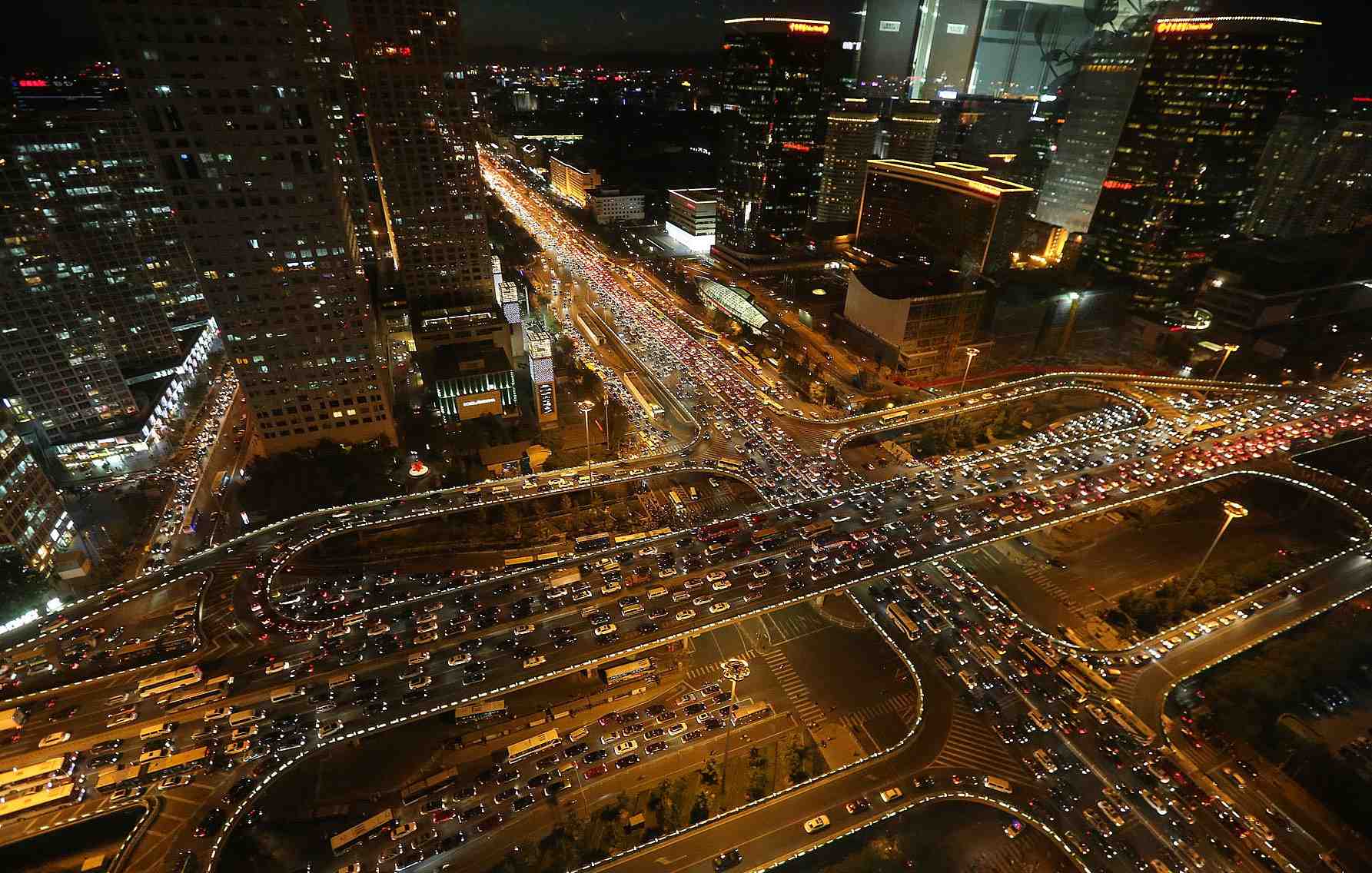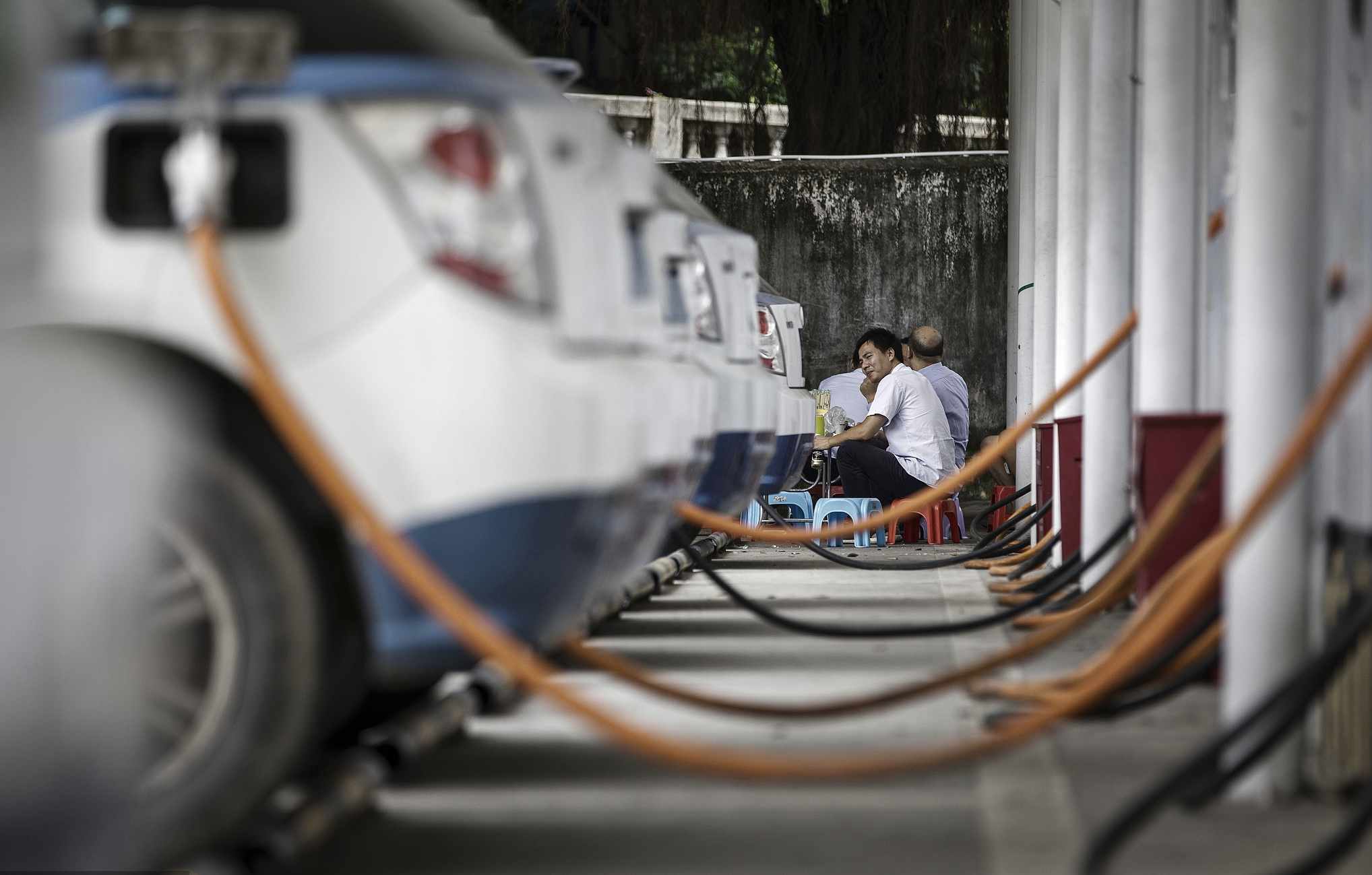
Economy
14:49, 20-Dec-2018
2018 in reforms: Opening-up China’s auto sector
Updated
14:33, 23-Dec-2018
Nicholas Moore

As a milestone year marking the 40th anniversary of China's reform and opening up, 2018 saw further groundbreaking policies to open up various sectors of the economy.
From reforms in the auto sector to the removal of caps on China's lucrative financial services domain, 2018 has been a key year for the country as the Chinese economy continues to develop.
As Chinese President Xi Jinping said during the China International Import Expo in November, China's push for reform and opening up does not just benefit China, but benefits the whole world.
Read on for a recap of China's landmark reforms in the auto sector through 2018.

CGTN Infographic
CGTN Infographic
China revs up auto sector reform
The context:
-- China has been the world’s largest auto market in terms of sales and
production since 2009. 28.88 million vehicles were sold in the country in 2017,
with Volkswagen Group and General Motors the two biggest sellers.
-- China is also by a long distance the world's biggest new energy vehicle (NEV) market, with some 777,000 green vehicles sold in 2017.
-- The NEV sector has been buoyed by preferential tax policies and subsidies, with a purchase tax exemption recently extended until 2020, according to the State Council.

China has been the world's largest auto market for nine consecutive years. /VCG Photo
China has been the world's largest auto market for nine consecutive years. /VCG Photo
The calls for reform:
-- Since 1994, foreign vehicle manufacturers have been required to enter joint ventures (JVs) with domestic automakers, with an equity cap that previously limited them to 50 percent stakes.
-- With the domestic market's rapid development, foreign automakers have sought control of the JVs, while authorities feel greater competition would be positive for domestic brands.
-- Chinese consumers looking to purchase imported vehicles have had to pay higher prices than buyers in other markets, because of 20-25 percent tariffs on imported cars and components.

777,000 new energy vehicles were sold in China in 2017, far more than in any other country. /VCG Photo
777,000 new energy vehicles were sold in China in 2017, far more than in any other country. /VCG Photo
2018's reforms and solutions:
-- In April, China announced that equity caps on JVs would be phased out, with caps removed for commercial car producers by 2020 and limits on passenger vehicle makers ending by 2022.
-- Foreign carmakers will be able to enter more than two JVs with a domestic partner.
-- The 50 percent equity cap on the NEV sector will be removed from the end of 2018.
-- American NEV giant Tesla became the first foreign automaker to set up a wholly-owned subsidiary in May, with plans to establish a “gigafactory” in Shanghai and begin production next year.
-- Tariffs on imported vehicles were reduced to 15 percent from July 1, while tariffs on imported components were reduced to six percent.

SITEMAP
Copyright © 2018 CGTN. Beijing ICP prepared NO.16065310-3
Copyright © 2018 CGTN. Beijing ICP prepared NO.16065310-3